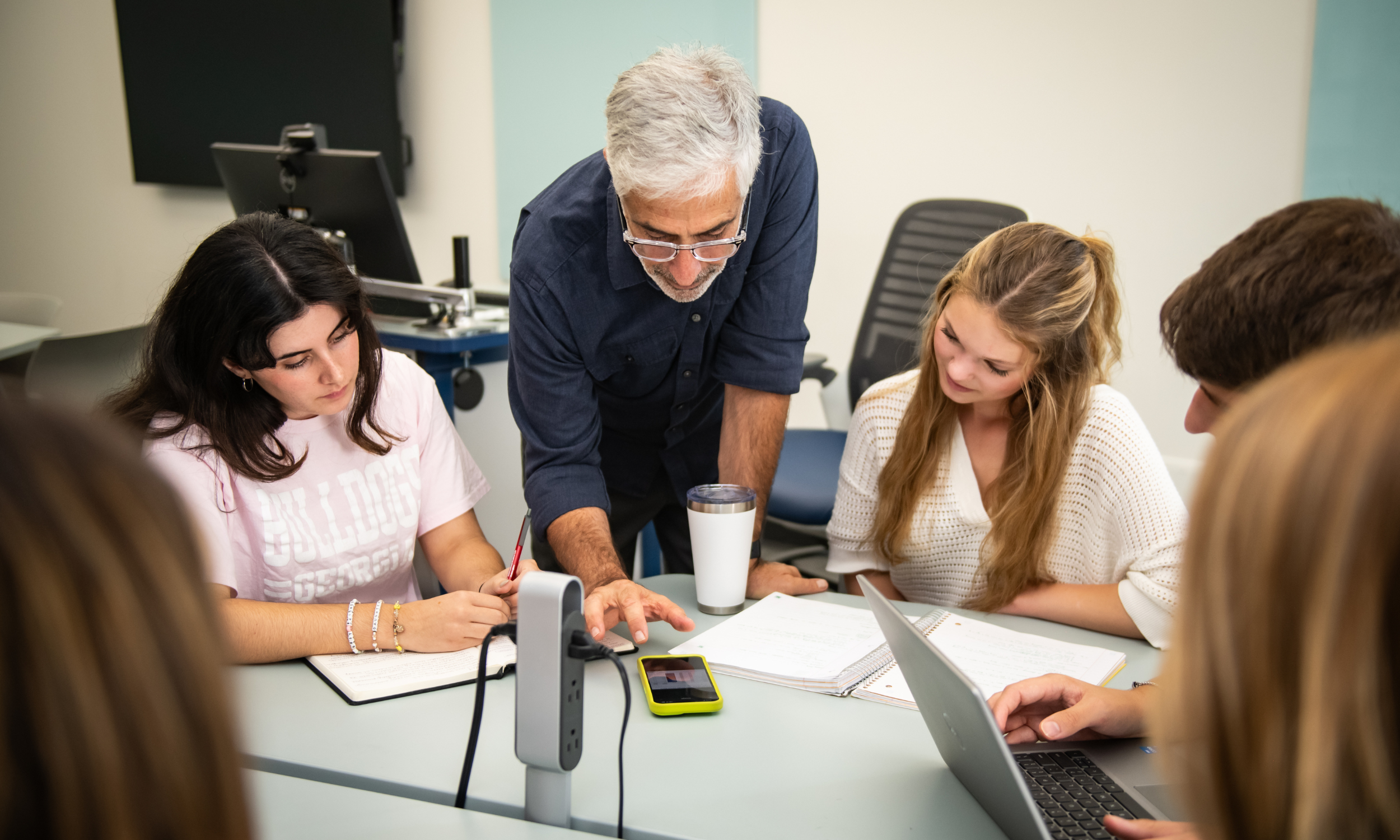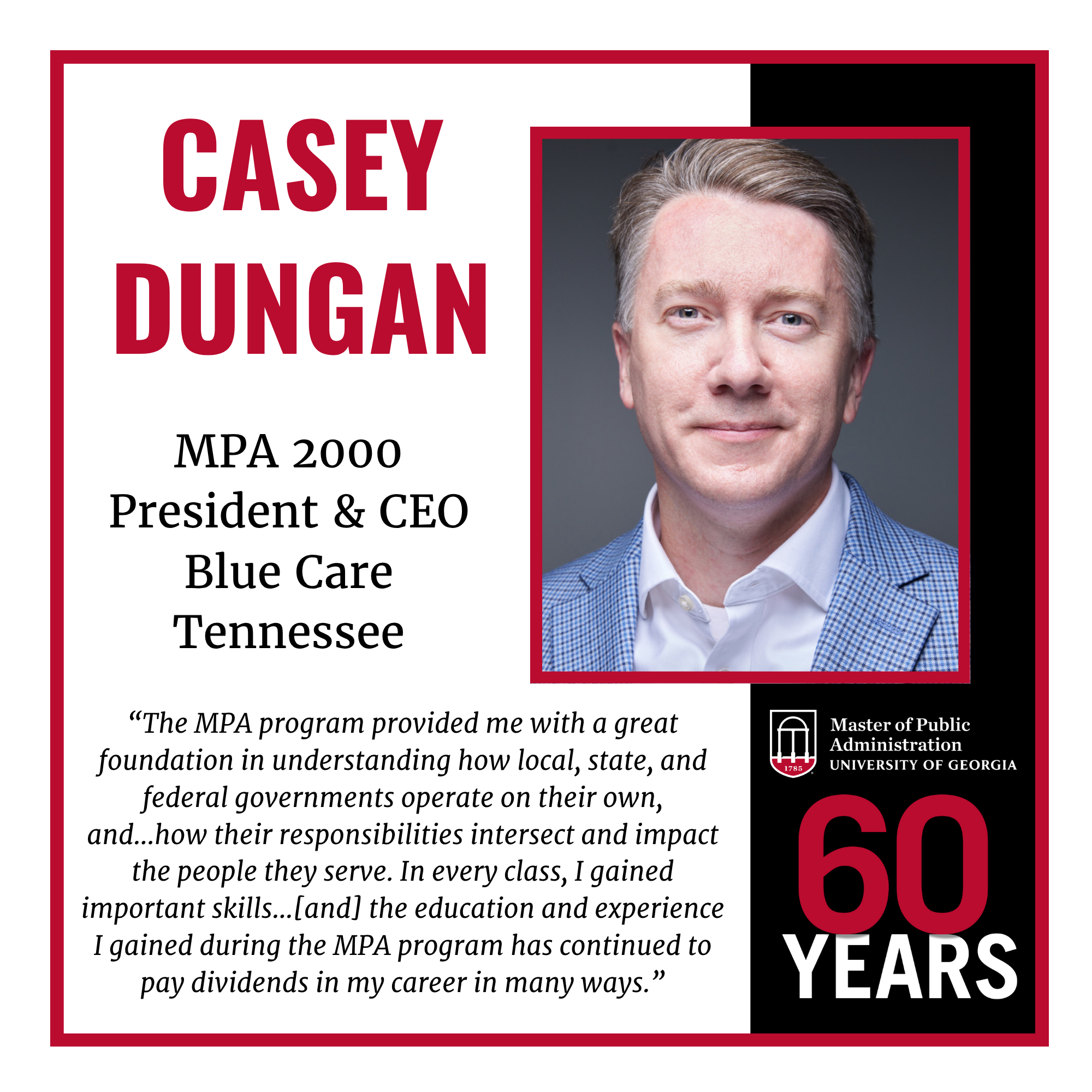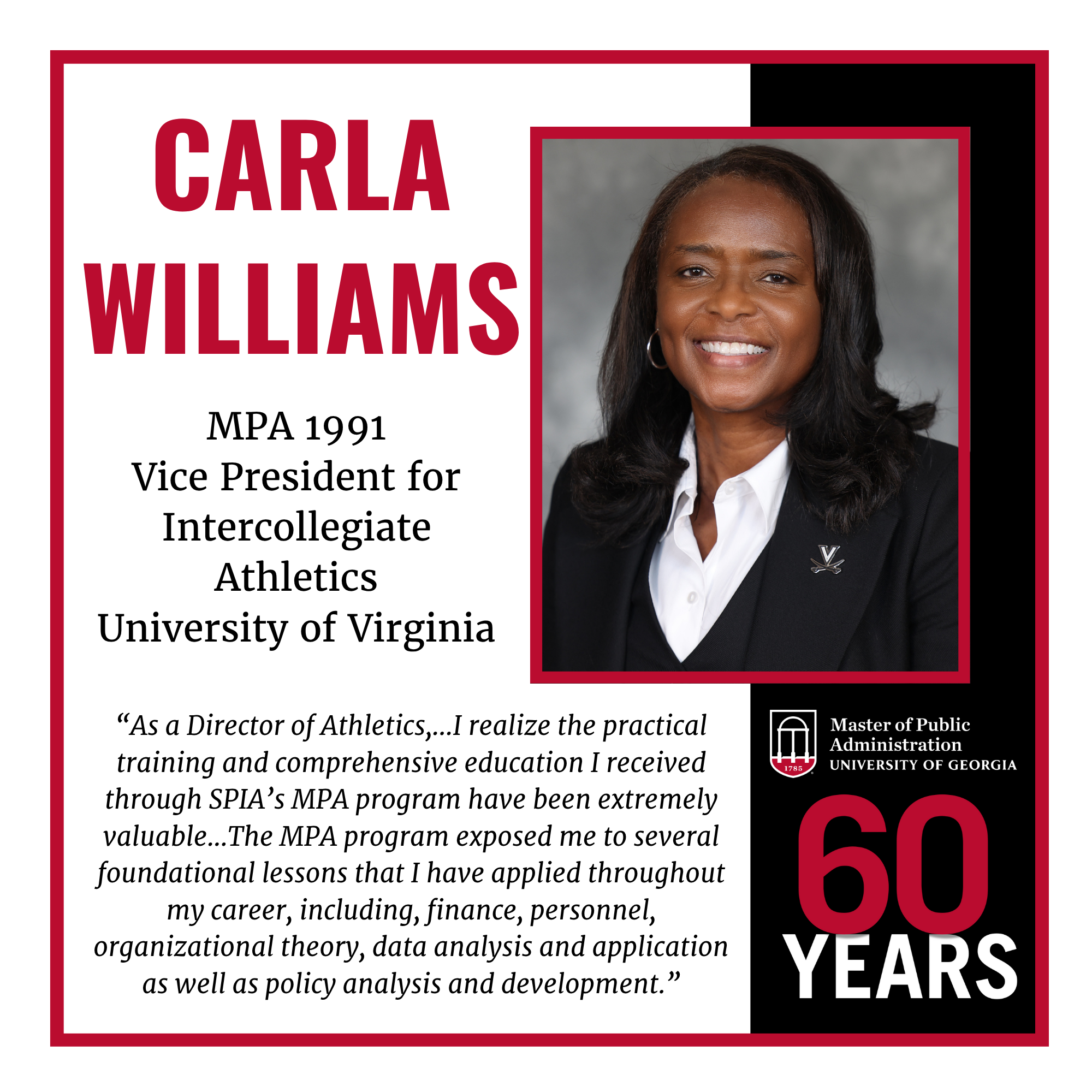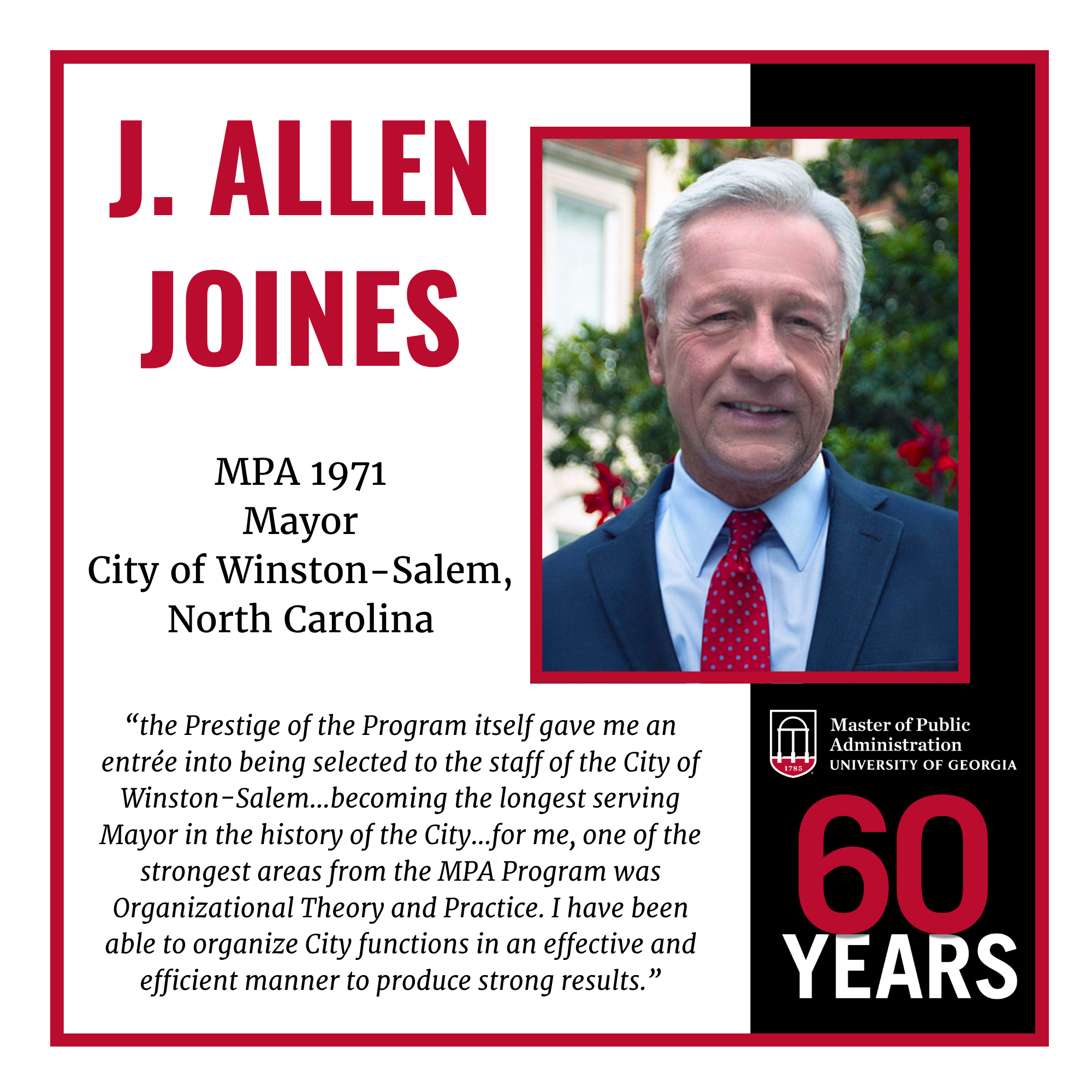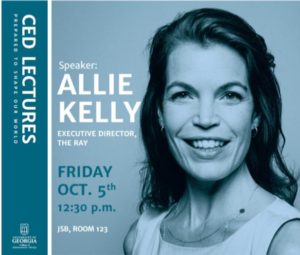
Allie Kelly, UGA Alumna and The Ray Executive Director, visited SPIA and the School of Environmental Design to discuss innovations in transportation. Kelly’s talk illustrated the importance of connecting technological innovation, thoughtful design, and public policy to make roadways safer and more environmentally friendly.
Kelly is a Georgia native and earned her A.B. in political science from UGA. Since graduating, she’s worked in public policy in a variety of different facets. She started her career as a lobbyist for UPS in Washington D.C., then returned to Atlanta to start Georgia Watch, a consumer watchdog organization. In 2009 Kelly left Georgia Watch to help start The Ray.
The Ray is an organization dedicated to making roadways “smarter.” Kelly describes this mission as serving a lot of ends, including making roads safer, “greener,” and more multiuse. “We’ve improved every other kind of transportation, why is it okay to lose 40,000 people per year in surface transport?” She asked rhetorically while illustrating the need for road improvements.
The Ray includes a stretch of road 18 miles long on Georgia’s I-85, and the land and communities surrounding it. This space is used to test new roadway technology, such as driveable solar panels, roadside solar panels, roadside pollinator habitats, and road-embedded sensors that collect data for self-driving cars.
Kelly and The Ray have worked to make futuristic-sounding innovation a present-day reality by combining technological research and innovation with lobbying to help public policy catch up. Kelly gets to use her more than 15 year of public policy experience to make these new inventions a reality.
Kelly believes that innovation, safety, and lower environmental impact options should be accessible to everyone, not just those who can afford to pay for them. This passion for allowing everyone to reap the benefits of progress drives The Ray to find ways to be inclusive. One example of this inclusivity is that The Ray shares the electricity it collects from it’s solar panels with local communities, including low-income communities, near the roadway, to provide sustainable, low-cost energy.
Kelly urges students of public policy to be aware of technology and to consider the future of technological advances as they work to make policy in the future. “It’s important that we, as a nation, are thinking of policy as we are preparing for advances that technology is creating. Because right now, technology is outpacing public policy.”

